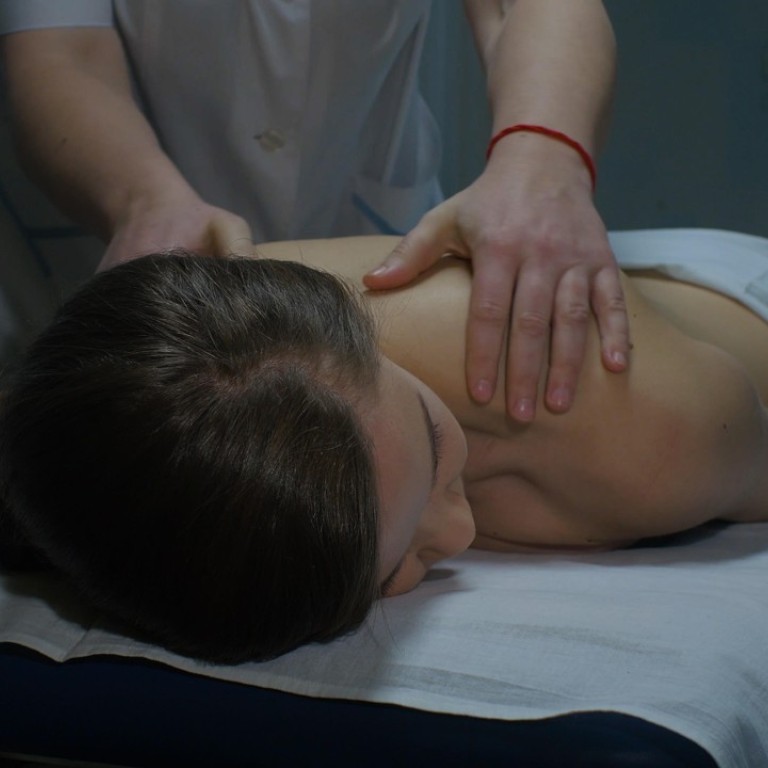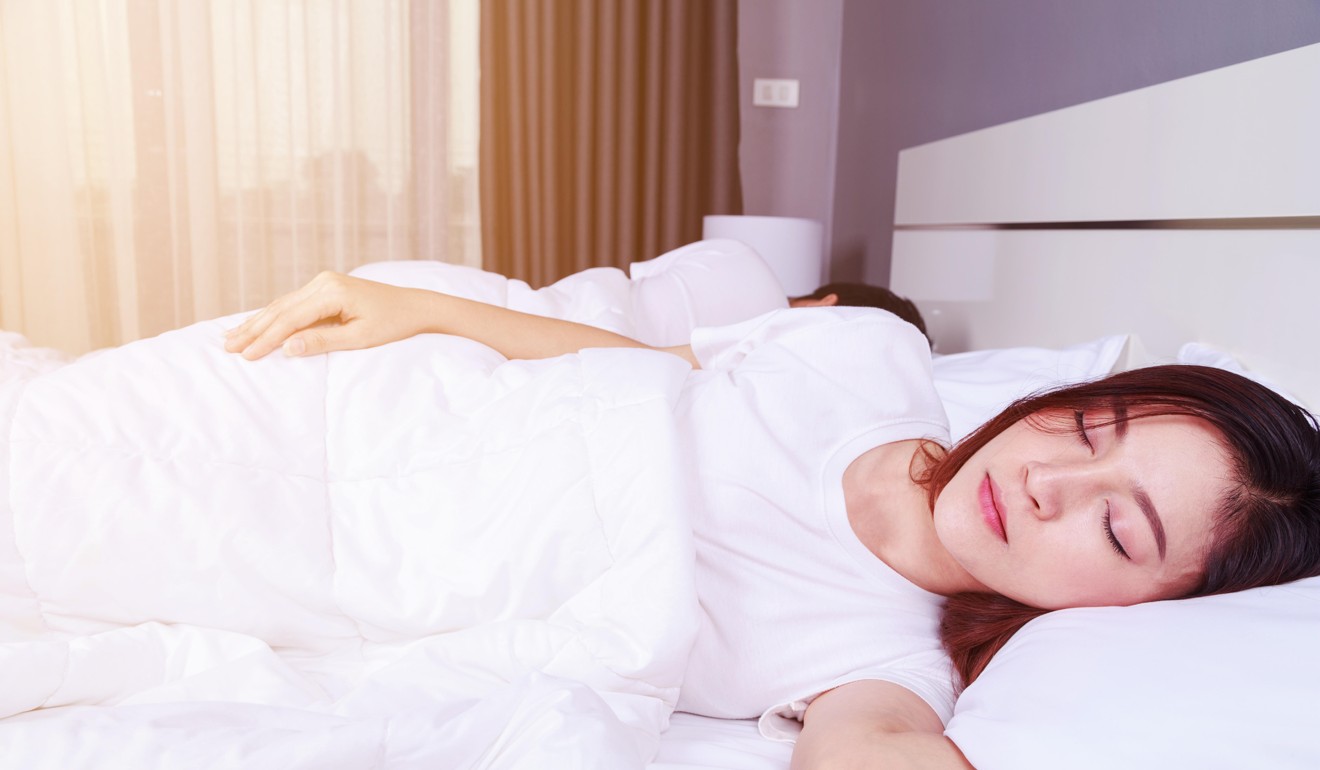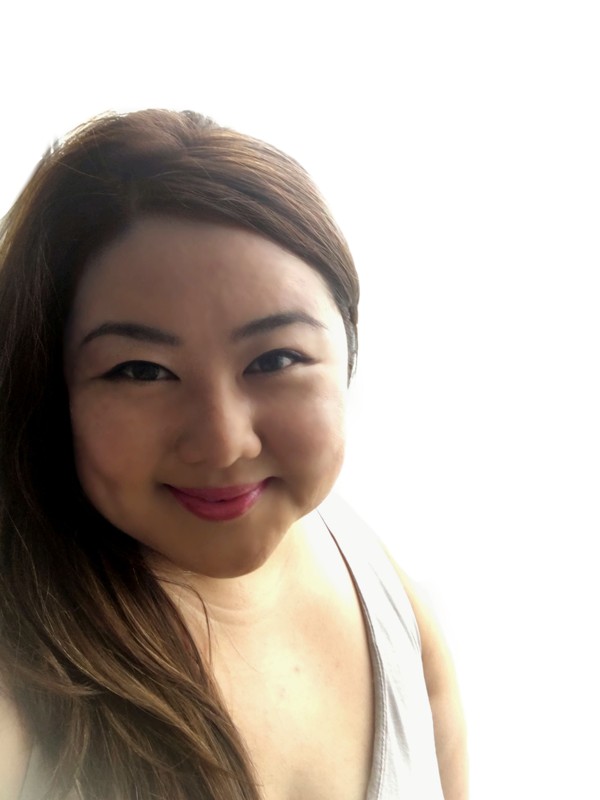
Self-care, or how to beat stress and be happy – tips from experts on where to start
Treating yourself well should be a daily priority and not something you only do occasionally, or when you’re feeling run down. We ask some experts for advice on how to look after yourself every day. You can start with meditation
Many of us equate “self-care” with relaxation and indulgence. For some, self-care might mean sleeping in on a Sunday, getting a spa treatment, chilling out with a good book, or splashing out on something special, like a weekend getaway or dinner at a nice restaurant.
If it makes us feel good or pampered, gives us a break from the pressures of daily life, or replenishes what our jobs and other responsibilities take away from us, then it’s just what stressed and busy folks need.

Healthy habits of mind bring happiness and can be learned – even by the busy
That’s according to Dr Florence Huang, a wellness and well-being coach, a Fellow of the American Institute of Stress, and a professor at The Chicago School of Professional Psychology.
“Self-care has become a marketing buzz word, but it’s about more than indulging yourself; it’s also not only for people who can afford to go to the spa every week, and it’s not just something you do when you are going through a rough patch or feeling depleted,” says Huang.

“The way I see it, self-care is more of a mindset and a process. It’s for everyone and it isn’t optional. Many of us practise self-care to de-stress – we might get a massage, take a holiday or practise yoga. But this isn’t truly self-care; they are merely ways to relax and take our minds off our problems. When these activities are over, we go back to our regular lives and it’s only a matter of time before we feel stressed again. So, self-care is not about fire fighting, it’s not an emergency cure, it’s not about fixing something that isn’t right and it’s not one single activity. It’s taking control of our physical, emotional and spiritual well-being in the long run.”
How meditation can make Hong Kong healthier
Certain self-care strategies have been found to alleviate, as well as manage, anxiety and depression. Many of these strategies relate to lifestyle habits. For instance, a recent landmark study found that just one hour of exercise a week could help prevent future depression, regardless of the intensity of the exercise or the age and gender of the individual.
The study, led by the Black Dog Institute, a Sydney-based non-profit facility for the diagnosis, treatment and prevention of mood disorders, was published in the American Journal of Psychiatry.

This is because insomniacs are more likely to have negative repetitive thoughts, similar to those seen in people with anxiety and depression. According to the authors of the study, “repetitive negative thinking is often associated with disruptions in sleep and circadian rhythms.”
Ten tips for beating insomnia and the importance of being rested
For Corie Chu, self-care is about setting boundaries for herself and respecting them. It also means paying attention to her body and being kind to herself first so that she can be there for others.
The Reiki master teacher, numerologist and wellness community builder practises self-care in a number of ways. For one, she tries not to do too many things in a day.

“I used to fill my schedule with back-to-back meetings and appointments so that I could get the most out of each day,” she says. “I thought that being busy and stressed meant that I was being productive and doing meaningful things, but I often felt like I was racing against time. This made me anxious and I’d rush from one appointment to another feeling unsettled and distracted. Now, by limiting my engagements, I don’t feel as stressed and I’m mentally present for whomever I’m meeting.”

How to fall asleep faster: writing a to-do list will help you doze off quicker, new research shows
Chu also makes it a point to meditate daily, even if she only has a few minutes to spare. This centres her emotionally and balances her energy levels. And when she knows she’s going to be working all day at her desk, she gives herself breaks to clear her mind and reduce the tension in her body.

She also walks around the park to get some fresh air and be close to nature, for a mentally invigorating effect.
Since making these changes, Chu says she feels happier, more rested and less anxious and is able to “show up” for others.

For Coco Chan, self-care is about finding balance which she also achieves through meditation.
“Meditating first thing in the morning sets me up for a good day ahead,” says Chan, a wellness practitioner and managing director of a PR company. “I meditate every day and combine this activity with morning affirmations. As someone who struggles with anxiety, I find meditation very grounding and soothing. It gives me the mental clarity and calm that I need to handle the day’s tasks. In taking care of myself, I’m also in a better position to take care of other people.”
Why stressed Hongkongers should take a hike, not a pill
Self-care doesn’t just benefit the person who practises it; it also helps you be a better parent, child, spouse, friend, boss or employee.
“You don’t just feel physically and mentally stronger, you’re also more resilient, more open-minded, more creative and more engaging,” says Huang. “But self-care isn’t selfish – it helps you be more aware of others and your environment and allows you to connect with, and care for, your loved ones better.”
So how do you work towards a self-care-oriented lifestyle? Start in your mind, Huang says. This entails being self-aware, creating positive emotions, engaging in positive self-talk, finding meaning in what you do, celebrating your achievements, and being grateful for what you have.
“Align your thoughts and emotions with the goal of feeling better and improving your overall well-being – that’s a good starting point.”

